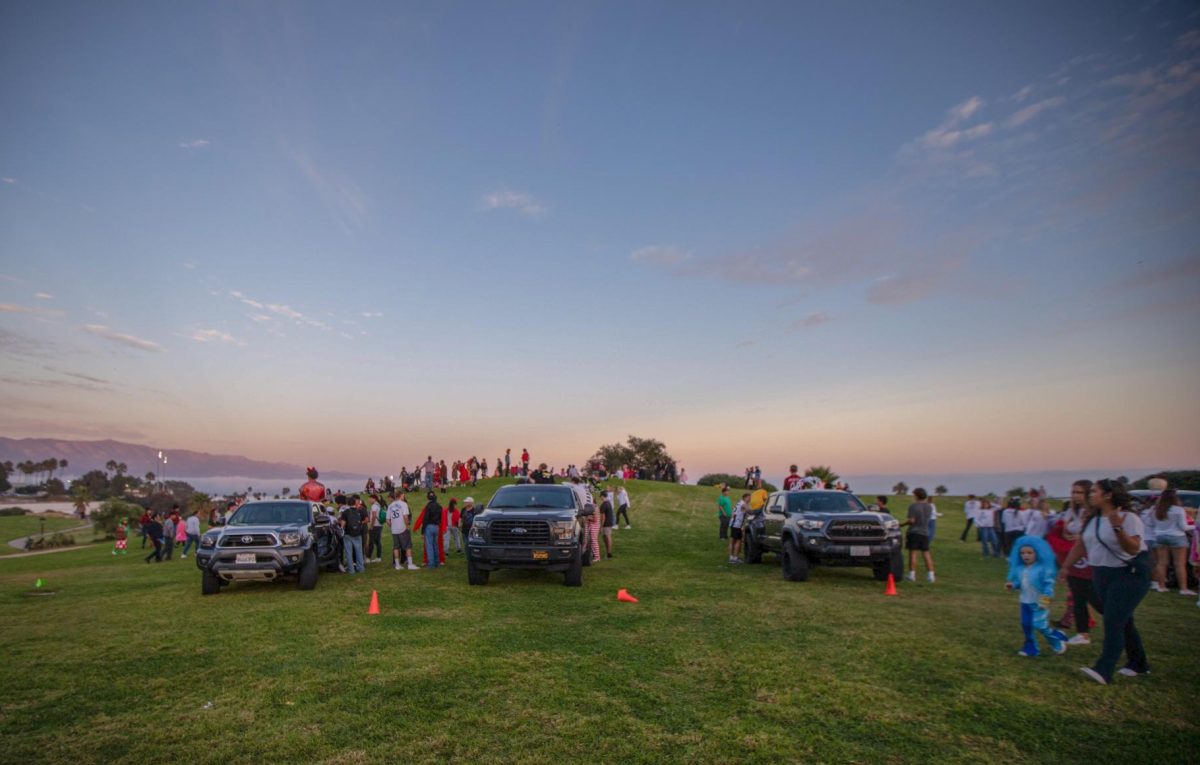When I last went to my aunt’s house for Easter dinner we were sitting around the table discussing our quirky family and all the gossip that goes along with it.
It wasn’t long until we wandered on to the subject of my grandparents. I had heard, mostly from my modest grandpa himself (note the sarcasm) of his amazing duty to his country. I always knew my grandma was in an internment camp. What I didn’t know was the whole story.
My grandpa was born on the island of Oahu in Hawaii. His family soon moved back to Japan where they lived until he was six years old. After his father realized he would not inherit the family’s rice paddy and only source of income, he decided to move back to Oahu, this time settling on the North Shore in a small town called Wahiawa. There his father worked as a carpenter building many houses my grandfather can still proudly point out to me to this day.
My grandma was born in the city of Fukuoka in Japan. Her father was a railroad worker who married a 17-year-old picture bride. They and my grandma’s two sisters moved to America when she was eight. My grandma lived in Los Angeles, going to both regular elementary school and “Japanese School” in the afternoons to learn the Japanese language and customs. She led a happy childhood until Pearl Harbor.
On the morning of the attack my grandpa, then a young man, was working on the construction of an underground oil tank. He and the men he was working with heard the bombs and ran outside to see the sky ablaze; much to their surprise they could see the red sun of Japan on the wings of the attacking planes.
A soon as the rest of the country learned that Japan had attacked, panic and suspicion spread like wildfire. My grandma, her mother, and her sisters were sent to an internment camp called Manzanar. The family was separated and her father and brother were sent to another location. She still doesn’t like to talk about Manzanar.
Meanwhile, back on Oahu, young men were being asked to sign up for the Army to prove their loyalty to their country. My grandpa volunteered to go for the family. He was placed in the 100th Battalion/442nd Regimental Combat Team, which later became known as the “Purple Heart Battalion” because nearly everyone who served in that unit has at least one Purple Heart.
They went off to fight a war for a country that had interned their families and that still mistrusted them. To the U.S. army, this unit was considered expendable. Their spirit, however, made them famous.
Not only were they courageous but they also managed to break the Gothic Line in Italy using their war cry of “bonsai” to scare the Germans. And it was their attitude of “Go For Broke” that helped them rescue the lost battalion of Texas. The unit still has a yearly reunion my grandpa never misses.
While fighting overseas my grandpa stepped on a land mine, causing extensive damage to his right leg. He was sent to a hospital in Minnesota to recover for nearly a year. He happily talks about his time there and in every picture he is being tended by one of many pretty young nurses whose names he still remembers. “Oh wasn’t grandpa handsome?” he always asks (see what I mean about the modesty) and I laugh, but it’s true.
After he got out of the hospital he was accepted to MIT on the G.I. Bill but chose to go to the Chicago College of Optometry instead. After he graduated he was hired by the military as a civilian and he was sent to work in the Tokyo Army Hospital.
When the war was over my grandma and her family were released and given the option to become American citizens or to return to Japan. Her father, infuriated with the U.S., made the family renounce their citizenship. In Japan the family starved.
My grandma and her sister decided to go into another city, Kokura, to find work so that they could send money home to the family.
My grandma then moved again, this time into Tokyo. She worked at an officer’s club there and made friends. One friend, Wai Wai, was married to Kino, a young man from Hawaii. It was Kino and Wai Wai who finally introduced my grandma and grandpa. They fell in love, were married, and returned to Oahu where they live today.
This June they will take me, my mom and dad, my aunt, and my uncle to Japan to see Tokyo, Kokuro, and that rice paddy in Fukuoka. I can only imagine what stories lie in wait there.







